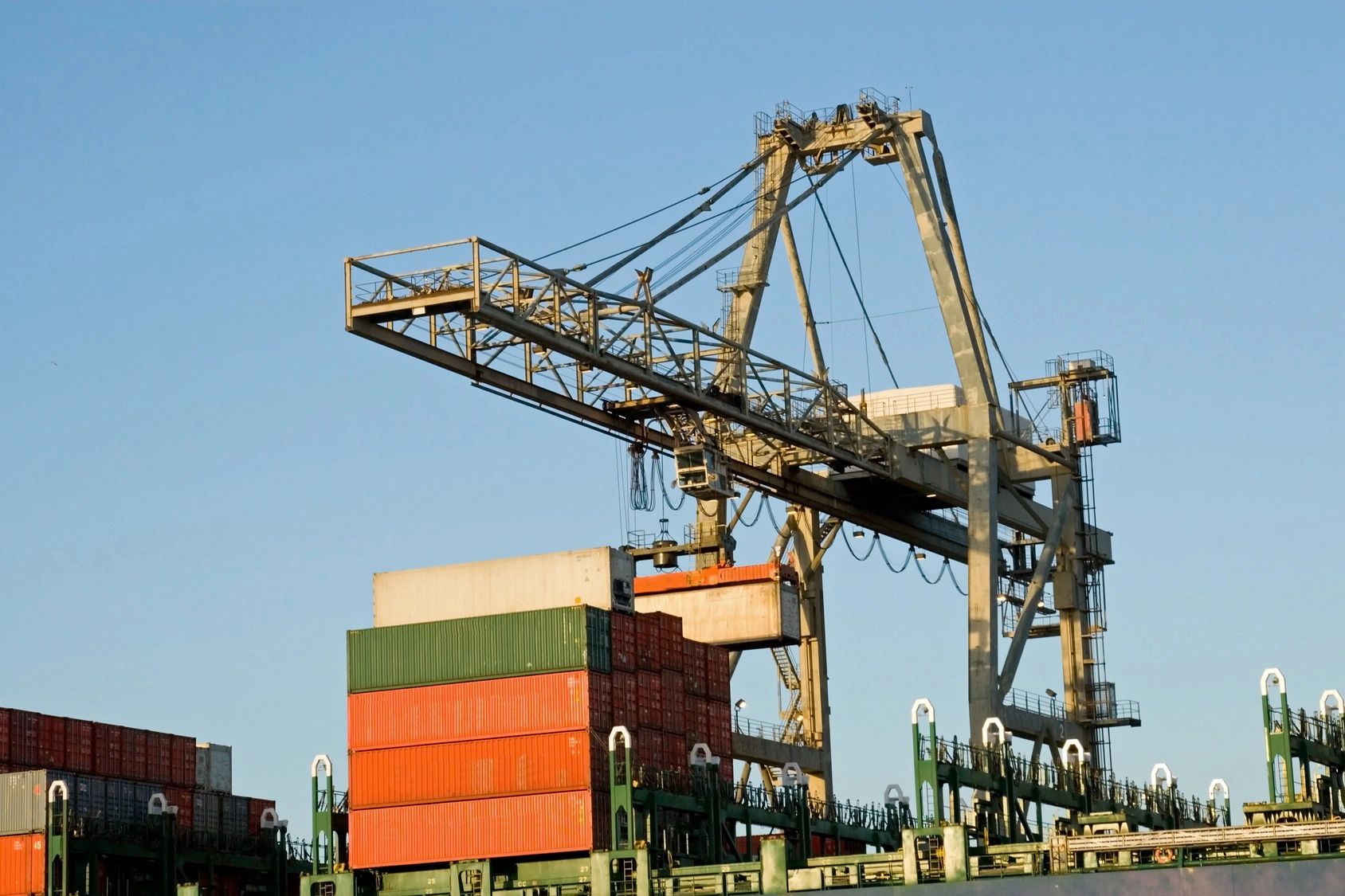China Calls for Global Front Against Trump’s ‘Trade Tyranny’ Amid Crushing New Tariffs
China has urged the international community to unite against sweeping new U.S. tariffs introduced by President Donald Trump, which have sharply escalated to as high as 104% and left Chinese exporters reeling.
“Global unity can triumph over trade tyranny,” declared an editorial in the state-run China Daily, highlighting Beijing’s cooperation with countries like Japan, South Korea, and other Asian economies. A separate piece appealed to the European Union to join efforts to defend free trade and multilateralism.
Beijing “firmly opposes and will never accept such hegemonic and bullying practices,” said foreign ministry spokesperson Lin Jian on Wednesday.
The tariffs come at a time when China’s economy is already under pressure. Domestic consumption remains sluggish, and exports continue to play a critical role in propping up growth. Now, Chinese businesses are scrambling to reconfigure supply chains in a global trade landscape that’s rapidly closing in.
“The new tariffs will shrink already razor-thin profit margins,” said the owner of a Chinese logistics company serving cross-border e-commerce and freight. “Higher tariffs raise costs for freight forwarders like us, as well as for factories and sellers. It just means everyone earns less.”
According to Dan Wang from the Eurasia Group, any tariff above 35% would wipe out profits for exporters. “Growth will drop significantly, given that exports accounted for 20% to 50% of China’s growth since the COVID-19 pandemic,” she noted.
While Beijing has yet to announce official retaliation, reports suggest it may consider banning Hollywood films and suspending cooperation on fentanyl-related matters, according to Xinhua editor Liu Hong.
Still, such moves offer little solace to companies like Fuling, which supplies disposable tableware to major U.S. fast food chains. The company warned the additional tariffs would “significantly impact” its business—nearly two-thirds of its revenue in 2023 and early 2024 came from the U.S.
To cushion the blow, Fuling opened a new factory in Indonesia late last year. However, Trump’s new tariff package has extended to much of the world, slapping a 32% levy on Indonesian exports to the U.S. as well.
The new tariffs include a 10% baseline duty on nearly all foreign imports and steeper rates for “worst offenders” such as Cambodia (49%), Vietnam (46%), and Thailand (36%)—countries that had previously benefited from Chinese business relocation.
In response to Beijing’s tit-for-tat tariffs, Trump doubled down, raising levies on Chinese goods to 104%.
Chinese companies say the tariffs have thrown their operations into disarray. Emo, a Chinese exporter interviewed by the BBC, said he is still hoping for negotiations: “Only when a final decision is made can we plan our next steps.”
While China has expressed willingness to talk, Trump has yet to speak with President Xi Jinping since returning to the White House.
The American Chamber of Commerce in China warned that the sweeping tariffs could backfire. “This level of upheaval is unprecedented,” it said in a note to members, questioning how the measures benefit either consumers or the broader economy.
Some analysts believe the pressure could force China to accelerate its long-struggling shift toward domestic consumption. Without such restructuring, experts like Tim Waterer from KCM Trade say the tariffs are “not sustainable.”
Wu Changchun, manager of a Chinese freight company, said the impact is already visible. “Many Chinese firms moved to places like Vietnam and Cambodia—but those countries are now also hit hard.”
Wu’s company, which operates routes between China and Cambodia, has seen falling freight volumes and stalled construction projects in the region.
“If tariffs were at 10% or 20%, we could manage by optimizing costs and adjusting margins,” he said. “But at 104%, trade essentially grinds to a halt. That’s not just a trade war anymore—it’s decoupling.”



